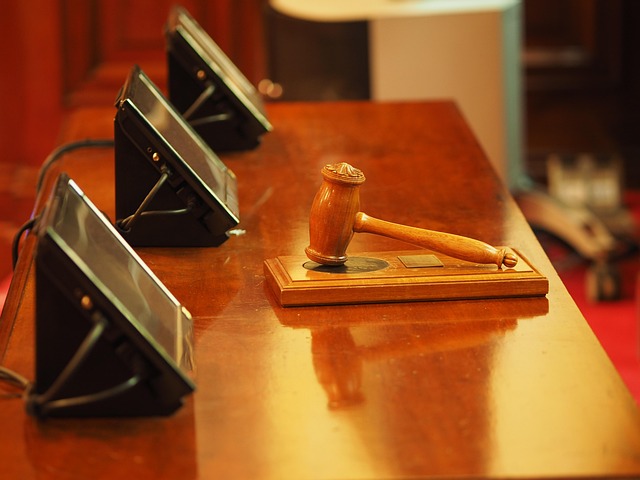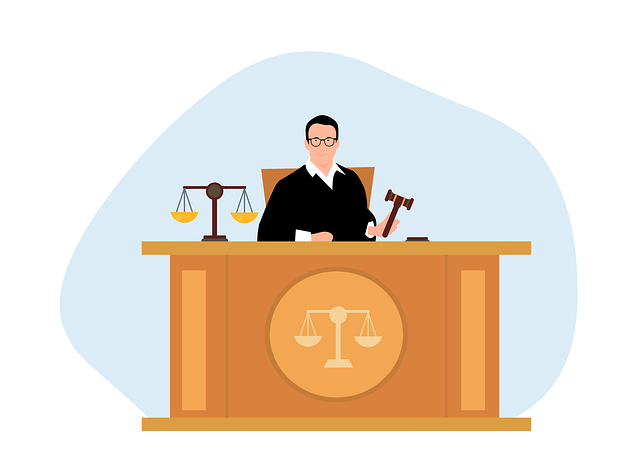Public corruption cases pose a complex ethical challenge due to plea bargaining practices, where high-level decision-makers negotiate reduced charges or sentences in exchange for admitting guilt. This strategic approach streamlines court processes but raises concerns about forced pleas from innocent individuals and fairness. Balancing swift justice with protecting against forced confessions is crucial, especially in high-profile cases involving public officials. The Ethical Implications of Plea Bargaining Decisions impact victims, public trust, and the need for a swift yet fair resolution.
“Unraveling the intricate landscape of public corruption charges, this article delves into the complex interplay of justice and efficiency. We explore ‘Understanding Public Corruption Charges: A Complex Web’, examining the nuances of these accusations. Subsequently, we analyze ‘The Role of Plea Bargaining’ and its delicate balance between swift resolution and potential ethical dilemmas. Furthermore, ‘Ethical Considerations’ segment scrutinizes when plea bargaining deals cross moral boundaries, highlighting the critical importance of evaluating the Ethical Implications of Plea Bargaining Decisions in public corruption cases.”
- Understanding Public Corruption Charges: A Complex Web
- The Role of Plea Bargaining: Balancing Justice and Efficiency
- Ethical Considerations: When Does a Deal Go Too Far?
Understanding Public Corruption Charges: A Complex Web

Public corruption charges represent a complex web where ethical implications intertwine with legal proceedings. These cases often involve high-level decision-makers, including corporate and individual clients, who face accusations of abusing their positions for personal gain. The dynamics are intricate; bribes, favoritism, and misuse of public funds can have far-reaching consequences for both respective businesses and society at large.
In navigating this labyrinth, plea bargaining plays a significant role, with its own set of ethical considerations. Achieving extraordinary results in these cases requires a delicate balance between ensuring justice and understanding the complexities that shape these negotiations. The decisions made during plea bargaining can have profound impacts on not just the accused but also on fostering trust and transparency within the business community and public sector.
The Role of Plea Bargaining: Balancing Justice and Efficiency

The practice of plea bargaining plays a significant role in criminal justice systems worldwide, offering a strategic approach to resolve cases efficiently while considering both the pursuit of justice and the defendant’s rights. This process allows accused individuals to negotiate a plea agreement with prosecutors, often resulting in reduced charges or a lighter sentence in exchange for admitting guilt. The strategy is particularly prevalent in addressing white-collar and economic crimes across the country, where complex legal battles can be costly and time-consuming.
While plea bargaining has its advantages in streamlining court processes, it also raises ethical implications regarding the ethical implications of plea bargaining decisions. Defense attorneys often advocate for their clients to accept these agreements, ensuring a more manageable outcome. However, critics argue that this practice might encourage guilty pleas from individuals who may be innocent or have lesser involvement in the crime. Balancing the need for swift justice and the potential risks of forced confessions is a delicate task, requiring careful consideration of each case’s unique circumstances.
Ethical Considerations: When Does a Deal Go Too Far?

The ethical considerations surrounding public corruption cases often reach a delicate balance when discussing plea bargaining. While it offers a route to justice by encouraging cooperation, the process raises questions about fairness and due process. As prosecutors negotiate deals with accused individuals, particularly in high-profile cases involving public officials, the line between incentivizing information and compromising justice can blur.
The Ethical Implications of Plea Bargaining Decisions are multifaceted. On one hand, reaching agreements may lead to achieving extraordinary results in terms of securing convictions and disrupting corrupt networks. However, critics argue that such deals could result in a complete dismissal of all charges, which might undermine the integrity of the justice system. Balancing the need for swift resolution and ensuring accountability is crucial, especially when considering the impact on victims and the public’s trust in governance, particularly within philanthropic and political communities.
Public corruption charges are a complex issue, with plea bargaining playing a significant role in their resolution. While this process aims to balance justice and efficiency, the ethical implications of plea bargain decisions cannot be overlooked. As the case studies illustrate, striking a delicate balance is essential to ensure fairness and maintain public trust without compromising the integrity of the legal system. Understanding the intricate web of factors involved and considering the broader ethical implications are crucial steps in navigating this challenging landscape.






